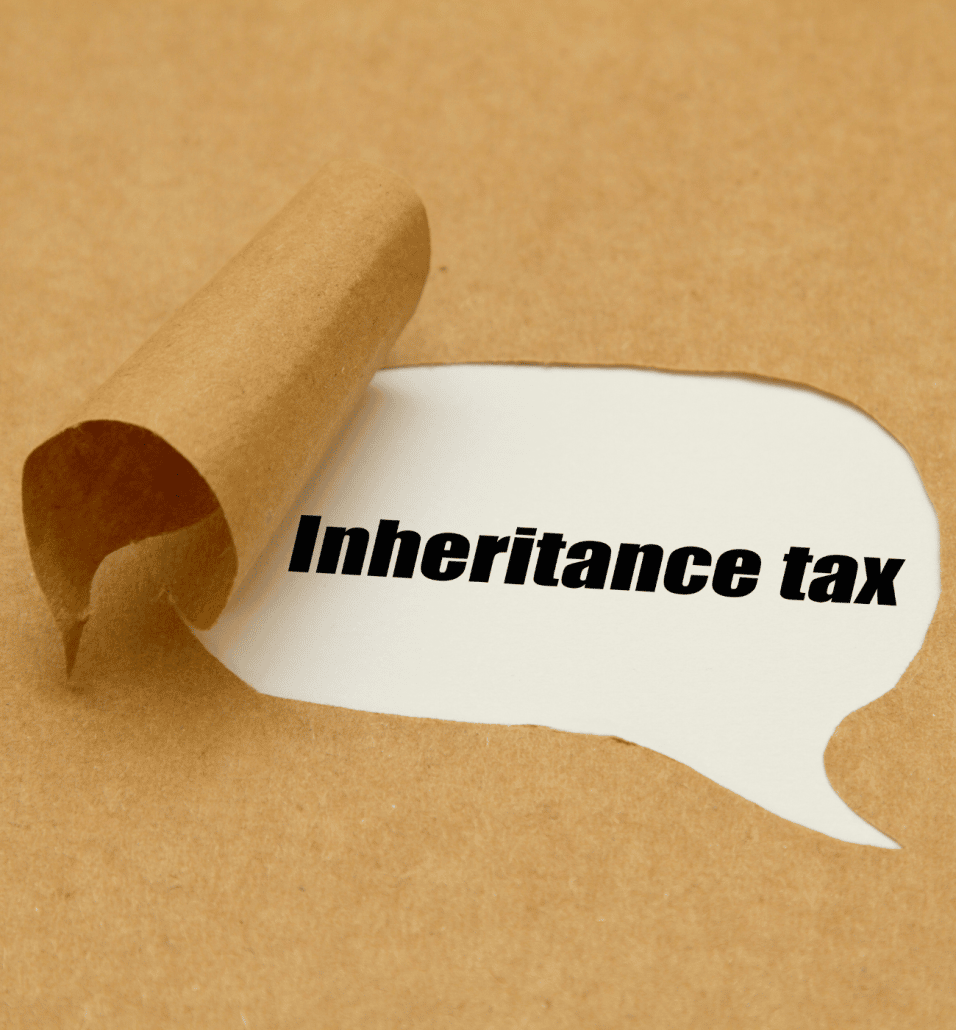Investing for Children: Building A Brighter Future
This article, written by Dom Richards from Prosperity Wealth- our exclusive financial advisor in Brierley Hill- is all about investing for children.
Like many others, you may be considering investing for your child (or children) to give them a strong start when entering adulthood. Parents, grandparents and other friends or family members are often eager to provide a sum for their loved ones, whether it’s to fund education, travel, a car, or the deposit on their first property. But what are the options available? Understanding what you need to do with your money today can help provide peace of mind for your family tomorrow.
What Age Can I Start Investing for My Child?
When it comes to investing for your child, there’s no such thing as “too soon” (as long as it’s affordable to you). You’re able to start investing from when your child is born, and the sooner the better. There are plenty of options available to you, and as most accounts can’t be accessed until age 18, this provides plenty of time to build a sizeable fund.
Can I Invest a Lump Sum for My Child?
There’s nothing stopping you from making a lump sum for your child, as long as you’re comfortable in the knowledge that you won’t be able access the money invested. You can invest up to £9,000 each year into a Junior ISA, with access for your children from age 18. If you want to look even further ahead, you could invest up to £2,880 each year into a pension, with tax relief of 20% added to make a gross contribution of £3,600. However, it’s important to note, your children wouldn’t be able to access the pension funds until at least age 57 (which may be subject to change in the future).
If you’re thinking “bigger”, you could consider giving the gift of Premium Bonds. Premium Bonds don’t provide a fixed interest, but instead provide the chance to win cash prizes ranging from £25 to £1 million each month. You can save from £25 up to £50,000 on behalf of your child, and you would look after the Bonds until your child turns 16.
What are the Best Long-term Investments for Children?
The investments you select for your children really depend on the time until the funds need to be accessed and your appetite for investment risk. If you’re working with a short timeframe, it may be better to save into a cash-based product, such as a Junior Cash ISA.
Generally speaking, if you’ve got a timescale of 5+ years, stocks and shares (such as a Junior Stocks & Shares ISA) may be a more rewarding approach with increased potential for capital growth, as long as you are accepting of investment risk and market volatility. Performance of investments is not guaranteed, and your child may not get back the amount invested.
In terms of choosing the right investment vehicle, you don’t have to stick with the products which allow your children access at age 16 or 18 – you could consider placing money into Trust, where you can maintain more control over the distribution of the investment, such as choosing to issue the gift when your child reaches age 25, or later if you wish. Please note, Trust planning is a complex area, and you should seek advice from an appropriately qualified financial adviser before delving into this.
If I Wanted my Child to have Private Education, can Investing Early on Help Me with that?

Private education can be expensive, so if this is a goal of yours, you should start planning as soon as possible. Investing early into stocks and shares can provide greater potential for capital growth, as long as you have time on your side to work through market volatility and recover from market falls.
You may need to consider alternative options to those discussed in this article to fund private education. A Junior ISA wouldn’t be appropriate here, as access will be needed prior to age 18. However, you could utilise your own personal allowances for this purpose, such as your £20,000 annual ISA subscription, or by placing an investment into Trust for the benefit of your children, which can be distributed to fund education costs. If private education is on your wish list, a financial adviser can help put a plan in place to make sure that goal is achieved.
What Age is a Child Able to Access their Investment?
This depends on the investment vehicle selected. Your child may be able to access their children’s savings account from age 16 (including Premium Bonds). Junior ISAs can be accessed from age 18, but if you’re investing money into a pension, your child won’t be able to access the funds until age 57 at the earliest (as of 2028).
Is there a Limit to How Much I Can Invest For My Child Each Year?
There are certain limits in terms of how much can be invested into different investment vehicles. In terms of the investment products detailed here, you’re restricted to £9,000 per year, per child into Junior ISAs. You can contribute up to £2,880 each year into pensions for your child, and you can invest a total of £50,000 into Premium Bonds.
Top tip: If your child is age 16 or 17, they can take out an (adult) Cash ISA and save up to £20,000 each tax year, as well as up to £9,000 into a Junior ISA until they’re 18. The more you can put into tax-efficient ISAs the better, as interest or gains build free from Income Tax, and can be encashed with no Capital Gains Tax.
Will the Child Investment affect Inheritance Tax?

As of the 2022/23 tax year, individuals will benefit from a Nil-Rate Band of £325,000, and a Residence Nil-Rate Band of up to £175,000 (as long as you have direct descendants to leave your property to). If you’re married, as a couple you will benefit from two allowances meaning that up to £1,000,000 could be free of Inheritance Tax. The balance above this figure will be liable to Inheritance Tax at 40%.
In terms of investing money for your children through Junior ISAs, pensions and Premium Bonds, investments will be classed as gifts and could still fall within your Estate for Inheritance Tax purposes if you die within 7 years. This is a complex area, but to explain things as simply as possible, you are able to gift a total of £3,000 each tax year which would fall within your ‘exempt allowance’. This can be carried forward from the previous tax year if you didn’t make any gifts in that period, allowing up to £6,000.
Of course, you can gift as much as you like, but an outright gift above your annual exemption will be classed as a Potentially Exempt Transfer (PET). If you survive 7 years from the gift, it will fall outside of your Estate for Inheritance Tax purposes completely, but if not, Inheritance Tax may be due. As touched upon earlier, Trust planning may be beneficial in this area to minimise any potential Inheritance Tax liability and a financial adviser can put a plan in place to mitigate this, retaining and building your wealth to benefit the next generation.
After studying at The University of Worcester, Dominic started his career with a financial advice firm in Stourbridge before joining Prosperity Wealth in 2019 to progress his career further. Having worked in our Case Preparation Team whilst completing his Diploma, Dominic collaborated with our established advisers and Compliance Team with the goal of becoming an Independent Financial Adviser himself. Dominic has seen and assisted with hundreds of different advice scenarios first-hand and, after digging deeper to fully understand clients’ differing needs and objectives, is extremely well positioned to provide advice in the areas of pensions, investments, mortgages, protection, retirement planning and Inheritance Tax mitigation.
Dominic understands that financial decisions can be daunting, so is passionate about helping his clients through the process, relieving them of the stresses involved. No two clients are the same; Dominic values bespoke financial planning processes, assisting his clients in achieving their financial goals through an ongoing relationship.
When Dominic isn’t working, he loves spending time with his partner, friends, family, and young Cockapoo, Toby. An avid sports fan, Dominic played football at a semi-professional standard for almost 10 years, before this took a backseat to focus attention towards a career as an Independent Financial Adviser. He now tries to play golf on weekends but hasn’t had much success so far!


















